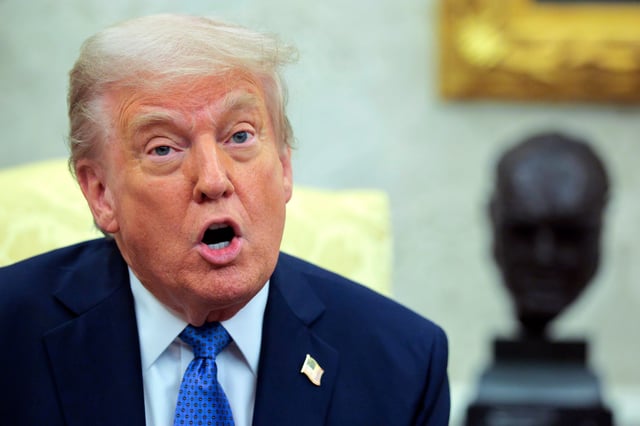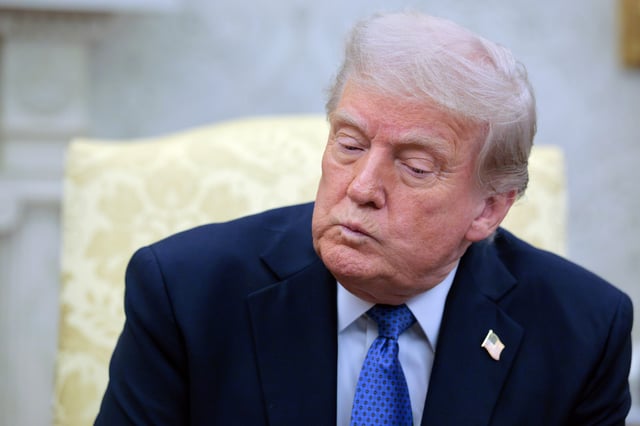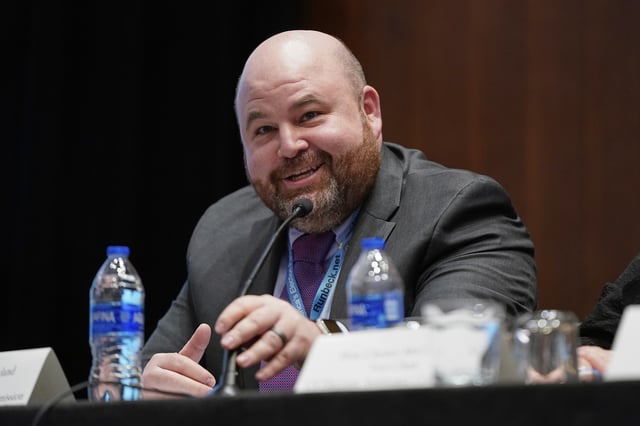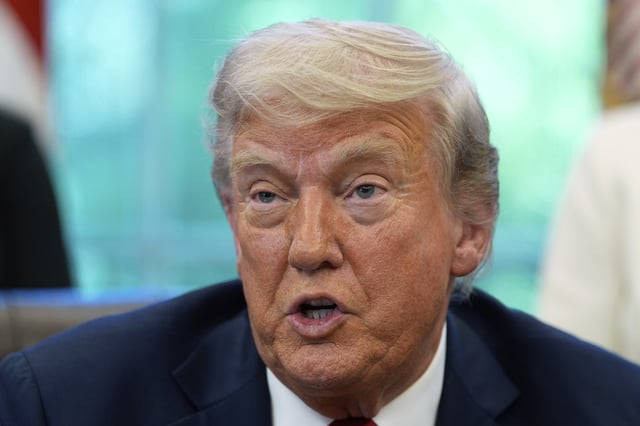Overview
- A federal judge issued a preliminary injunction halting provisions of President Trump's executive order requiring documentary proof of citizenship to register to vote in federal elections.
- The ruling emphasized that the Constitution grants Congress and states—not the President—the authority to regulate federal elections.
- The blocked provisions included directives for federal agencies to assess citizenship before providing voter registration forms and for the Election Assistance Commission to amend federal forms to require proof of citizenship.
- The judge allowed other parts of the executive order to stand, including tighter mail-in ballot deadlines and data-sharing initiatives to identify non-citizen voters, while noting these challenges were premature or suited for state-level litigation.
- Voting rights advocates warned the proof-of-citizenship requirement could disenfranchise millions of Americans lacking key documents, with over 9% of citizens reportedly without easy access to such paperwork.



